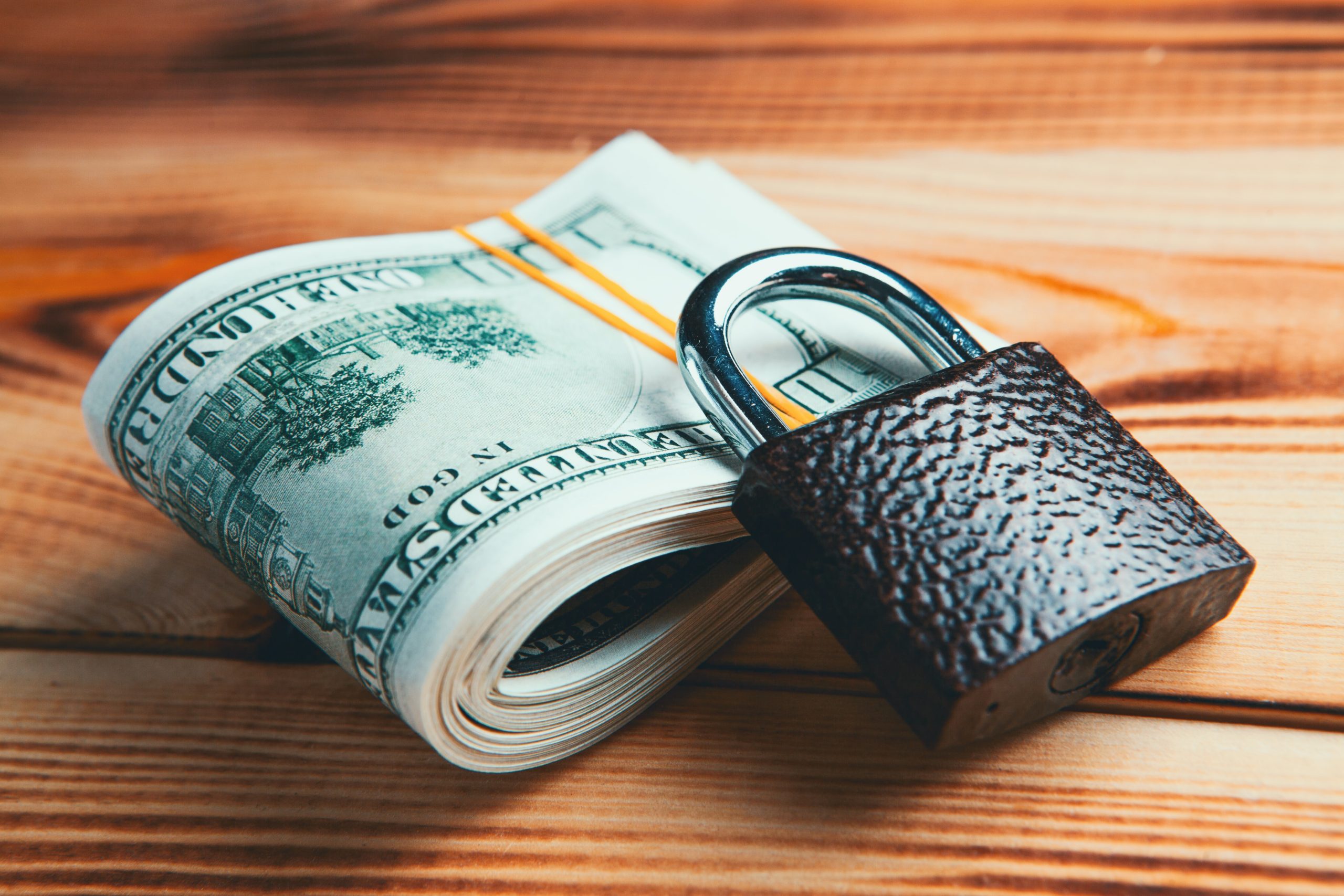Unexpected things happen in life. It can be your car breaking down, your dog needing to go to the vet, your phone screen shattering, or any of a number of things going wrong. So what do you do if you lose your job and need to pay your bills? If you planned ahead and put aside some money, you can live off your emergency fund while you get back on your feet.
An emergency fund is a pool of money that you keep separate from your spending money and only use if something goes wrong. You should make sure that this money is truly separate and that you can’t spend it by mistake. One way people do this is to open a separate savings account just for their emergency fund.
How much do I need in emergency savings?
Everyone has a different risk tolerance. While some people might be comfortable with a small amount of emergency savings, others might feel anxious about the possibility of running out of money in an emergency. Some will say 3 months of living expenses while others will say as much as 1 year of living expenses.
The best way to come up with your own ideal emergency savings number is by asking two question:
- How much money do you need every month to pay your regular bills? (rent, food, transportation, etc.)
- How comfortable are you with taking risks? (very comfortable, a little comfortable, not comfortable)
Then you can do some simple math to determine how much money you want to set aside:
| 3 months (comfortable with risk) | ||||
| Average spending per month | x | 6 months (a little uncomfortable with risk) | = | Amount of money to be saved in emergency fund |
| 9-12 months (uncomfortable with risk) |
Won’t it take me a long time to save up for this?
Yes – an emergency fund is not something that is quick or easy to build up. However, that does not mean that it’s impossible to do. There are a few things you can do to prepare and start saving:
- Include emergency fund savings in your budget and plan on not having that money available
- Set up a separate bank account for your emergency fund. Do not use this for other purposes
- Set goals for yourself to reach milestones in your own savings. This could be getting enough money in your emergency fund that you could pay rent for a month. Once you reach that goal, try to increase your emergency fund to 2 months of rent, and so on. You should be proud as you reach these intermediate goals and build momentum toward your larger emergency fund savings goal
- If you get a paycheck deposited directly into your bank account, set up automatic bank transfers from your main bank account to your emergency fund for the day that you get paid. This ensures that you save the money immediately and contribute to your emergency fund before anything else
When should I use my emergency fund?
When something unexpected happens! The whole point of having an emergency fund is creating a safety net for yourself. If you do lose your job or have something happen in your life, you should not hesitate to use your emergency fund. You put in the hard work to be ready in a bad situation and you should reap the benefits of that work.
Just remember, an emergency fund is not a “rainy day fund” – you should not use it to pay for vacations or new clothes!



